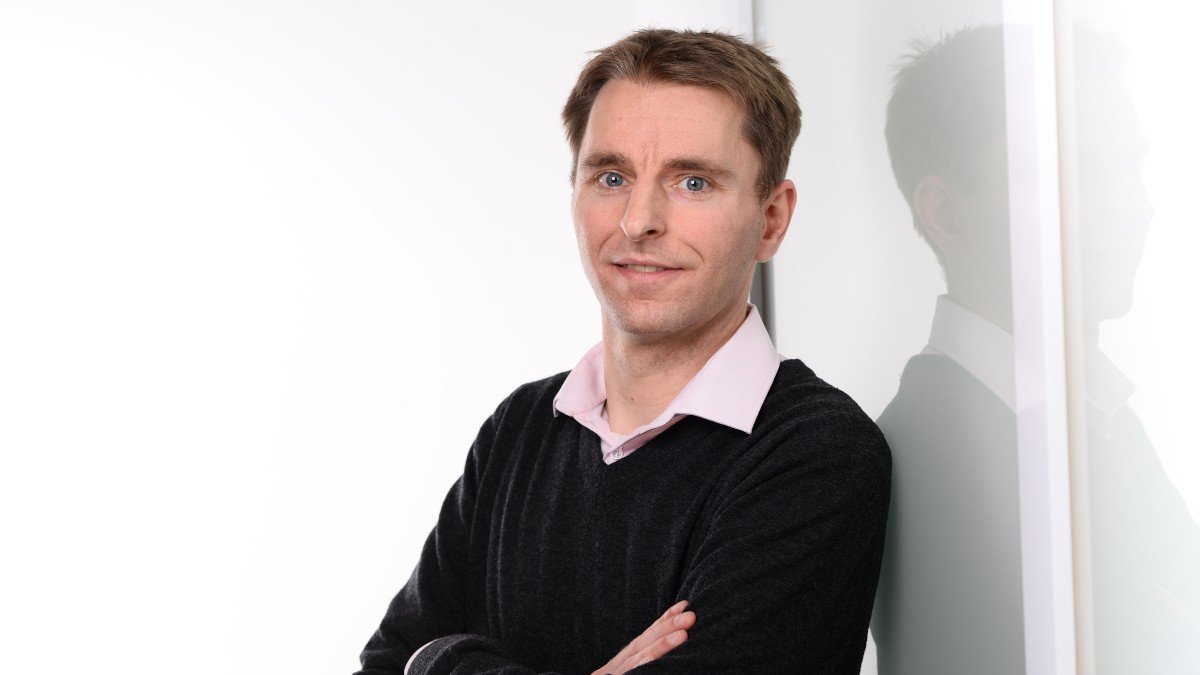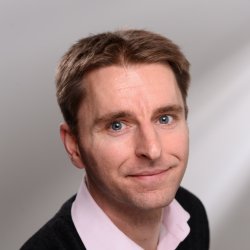Meet the academic: Dr Stefan Klus
Dr Stefan Klus is the newest member of our Department of Mathematics and will play an integral role in our soon-to-be-launched masters course in data science and maths...

"A lot of tech companies are currently hiring data scientists and the job prospects are very good," says Dr Stefan Klus
How did you first get into mathematics?
I was always interested in mathematics and programming, and I wanted to understand how computers solve problems.
I also had a very good maths and physics teacher in high school, who told us about applications and open problems. It was important for me to see how simple real-world problems can be solved using the methods we learned in school.
What did you study at university?
I studied technical mathematics at the University of Paderborn in Germany. The course was a little bit more applied than a standard mathematics curriculum. I had to take additional courses in computer science, and electrical and mechanical engineering.
What were your areas of research?
I specialised in numerical mathematics and high-performance computing. As a PhD student, I worked on efficient numerical methods for the simulation of integrated circuits.
Basically, computer chips contain millions or even billions of transistors. Before a new chip is manufactured, it’s simulated on a computer to ensure it meets all specifications. But these simulations are time-consuming and they’re becoming more so as the complexity of computer chips is continuously increasing.
What are your current areas of research?
I’m working on data-driven methods for the analysis of complex dynamical systems.
These could be biological systems, where, for example, we want to understand protein folding processes. Or they could be fluid dynamics problems, where we’re interested in finding eddies or gyres, or investigating quantum systems. The goal is to extract relevant information from simulation or measurement data.
Is this your first experience of Surrey?
Yes, I moved to Guildford after the first wave of the Covid-19 pandemic. During that time, it wasn’t possible to go to the office, but my new colleagues have been very helpful.
Sadly, I haven’t had a chance to fully explore the area yet.
I understand you’ll be teaching on our new masters course.
The new course, which will be launching in 2022, is on data science and mathematics. It’s closely related to my research interests and it can be regarded as a combination of dynamical systems theory, machine learning and data science.
What will you be teaching on it?
I’ll introduce different approaches for the analysis of dynamical systems and time-series data.
A key question we’ll address is: “Can we learn the governing equations of a dynamical system from data?” A simple example would be a pendulum. Is it possible to find a simple differential equation that describes its motion given only measurement data? Or a video?
Using other analytical tools, could we predict when a sensor or machine will fail?
Why should people study data science?
We’re collecting more and more data, but finding information in these data sets is challenging. The former CEO of Hewlett–Packard, Carly Fiorina, once said: “The goal is to transform data into information, and information into insight.”
A lot of tech companies and start-ups are currently hiring data scientists and the job prospects are very good.
How do you relax away from the lecture theatre?
In my spare time, I read a lot. I also like to play tennis, squash, and badminton, and I like to travel.
Find out more about studying in our Department of Mathematics.
